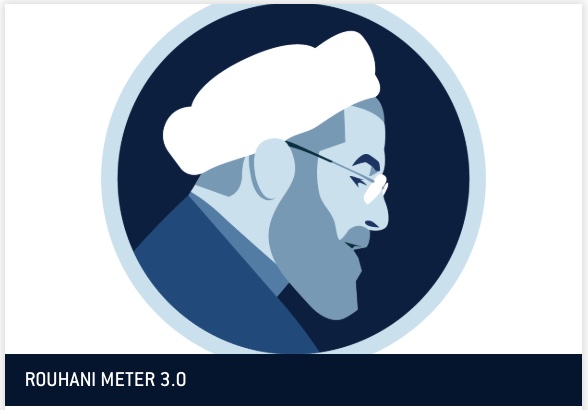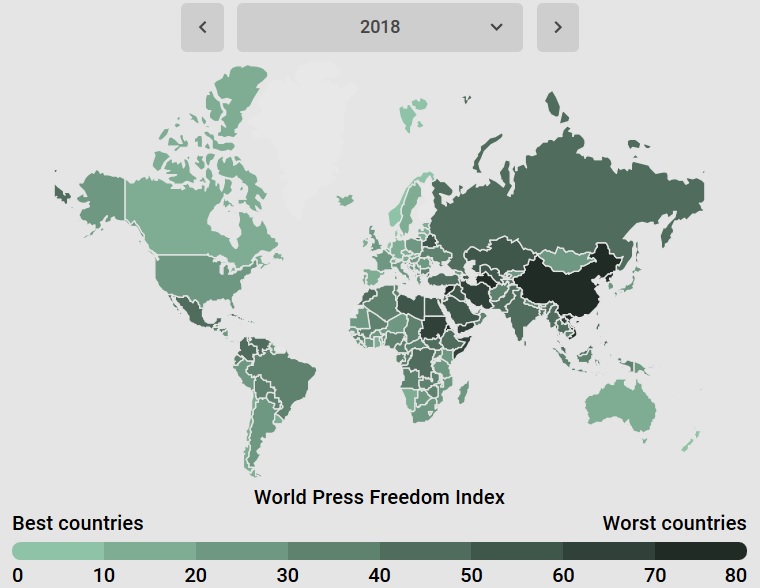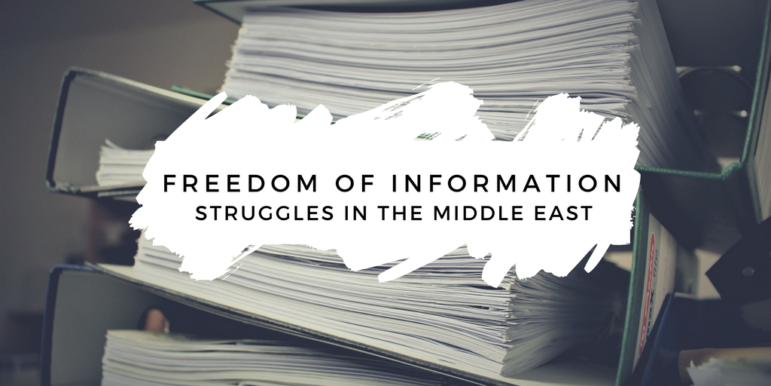
Reporting Tools & Tips
How to Fact-Check Politics in Countries with No Press Freedom
Starting a fact-checking organization in a country with limited media freedom is difficult, but not impossible. Some, like Rouhani Meter, which fact-checks Iran’s president, may have to operate from outside the country and be creative about how they distribute their content. Daniel Funke writes about fact-checkers who have found a way to work in less-than-friendly environments.









